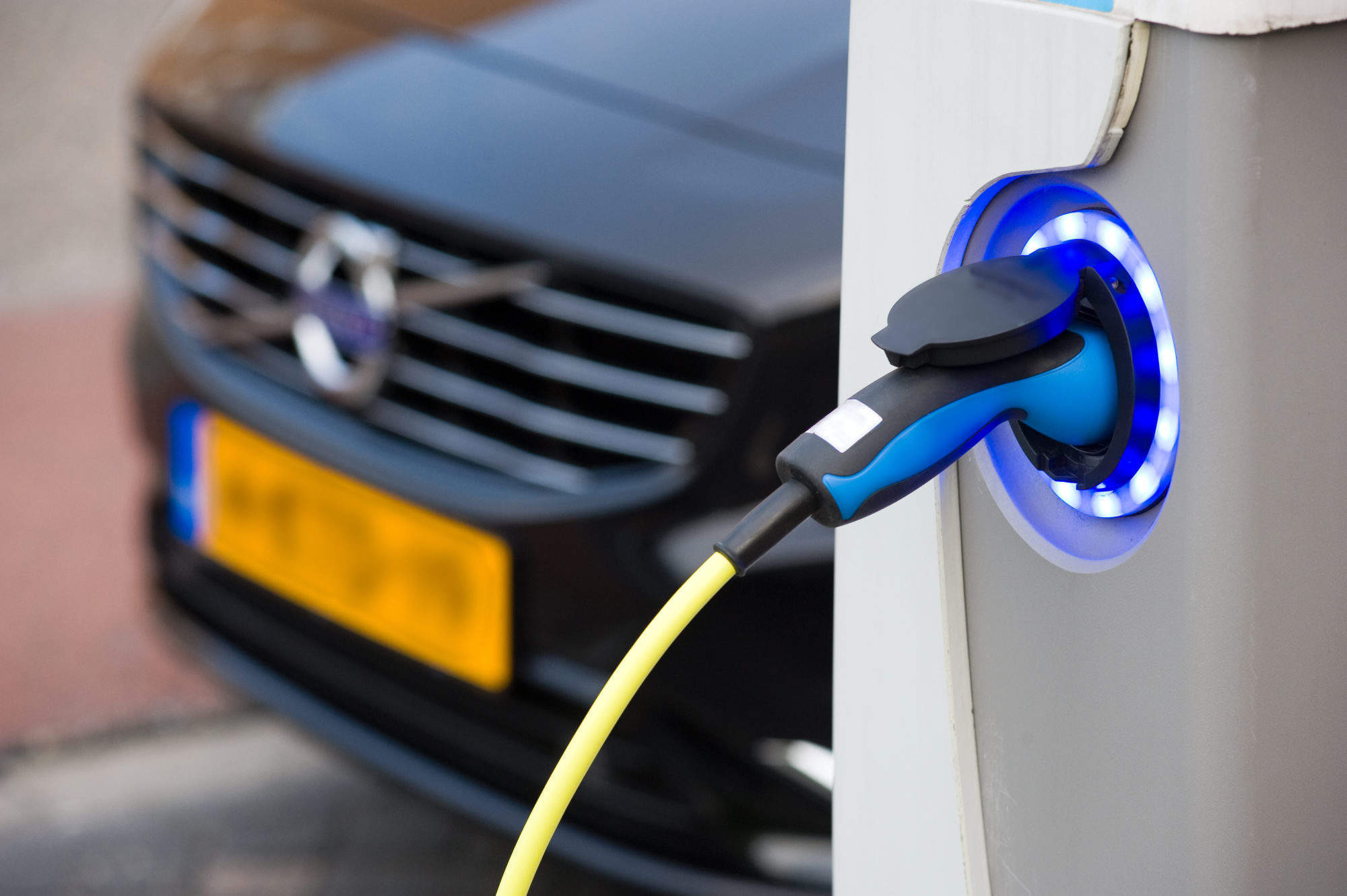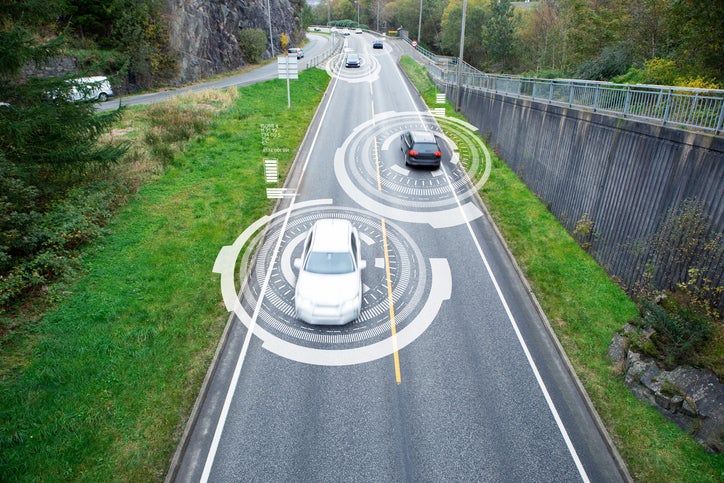
Amidst growing pressure for the government to commit to a legally binding target of a carbon-neutral UK by 2050, the Committee on Climate Change has said that the UK can end its contribution to global warming if a commitment is made now.
The Committee on Climate Change, an independent non-departmental public body, has made a series of recommendations for the UK government to follow to achieve this goal.
However, the report has warned that reaching the target is only possible if “clear, stable and well-designed policies to reduce emissions further are introduced across the economy without delay” as current policy is “insufficient for even the existing targets”.
What does the report recommend?
As well as the target of the UK as a whole being carbon-neutral by 2050, the committee has also recommended that Scotland aims to be carbon neutral by 2045, reflective of the country’s existing renewable energy projects. It has also set the target of Wales being 95% carbon neutral by 2050.
The report highlights a number of key steps that increase the chances of the target being met. Societal changes such as the reduced consumption of carbon-intensive products such as beef, lamb and dairy products and a switch to electric heating are needed in order to “lower demand for carbon-intensive activities”.
A new low-carbon industry will be required to meet the goal by 2050. The UK will need a hydrogen production capacity of comparable size to the UK’s current fleet of gas-fired power stations to meet energy demand.
How well do you really know your competitors?
Access the most comprehensive Company Profiles on the market, powered by GlobalData. Save hours of research. Gain competitive edge.

Thank you!
Your download email will arrive shortly
Not ready to buy yet? Download a free sample
We are confident about the unique quality of our Company Profiles. However, we want you to make the most beneficial decision for your business, so we offer a free sample that you can download by submitting the below form
By GlobalDataCarbon capture and storage is also essential to manage carbon emissions in a way that does not have a negative environmental impact, which would require “a major CO₂ transport and storage infrastructure”.
The report also urges that electric vehicles replace all transportation, supported by a “major expansion of renewable and other low-carbon power generation”.
It estimates that the net-zero greenhouse gas target can be met at an annual cost of up to 1-2% of GDP, but the cost of not acting would be far greater.
Electric vehicles are key
Reducing carbon emissions from cars and other vehicles is a crucial part of achieving net-zero greenhouse gases, with the government set to ban new petrol and diesel car sales by 2040. However, the UK has a long way to go before it makes the switch to fully electric, with around 202,000 plug-in cars registered in the UK as of December 2018.
The widespread rollout of electric vehicles is dependent on the advancement of EV technology, with transport now producing more carbon emissions than the power sector. The report estimates that extensive electrification would require 75 gigawatts of offshore wind in 2050, compared to 8 GW today and 30 GW targeted by the Government’s sector deal by 2030.
The move to electric vehicles and heating would involve around a doubling of electricity demand, meaning that ensuring that the grid is equipped to deal with additional demand is essential.
There is a “need for potentially radical reforms”
Commenting on the government’s plans to cut transport emissions through a transition to a 100% electric vehicle fleet, Yohanna Weber, planning partner at environmental law firm Fieldfisher, said:
“Because the EV industry is so novel, accommodating its expansion raises a number of issues about how different laws regulating energy, transport and development interact with each other, leading to the need for potentially radical reforms in the way these laws are interpreted and applied.
“The Department for Transport’s (DfT) “Road to Zero” strategy, which was launched in July 2018 and outlines the government’s ambition to ensure that at least half of all new cars made in the UK will be ultra-low emission models by 2030, shows little appreciation of the regulatory considerations that will kick in for the energy regulator (Ofgem), National Grid and the various distribution network operators (DNOs).
She highlights that the UK EV infrastructure is still at its early stages, with significant, yet simple, investment needed for it to meet demand:
“In addition, EV charging infrastructure in the UK is still in the preparatory stages. So far, nobody – public or private – has been able to put forward a credible plan for how to roll it out on a large scale.
“It is relatively straightforward to install charging points on an individual basis, in homes or in service stations.
For this to happen, it is essential that the government introduce a national strategy:
“But, at present, there isn’t the overarching strategy across all the arms of government, organisations and bodies that needs to be put in place for an EV charging network to be rolled out in the way the policy makers have envisaged, and to facilitate a totally electric UK vehicle fleet.”






